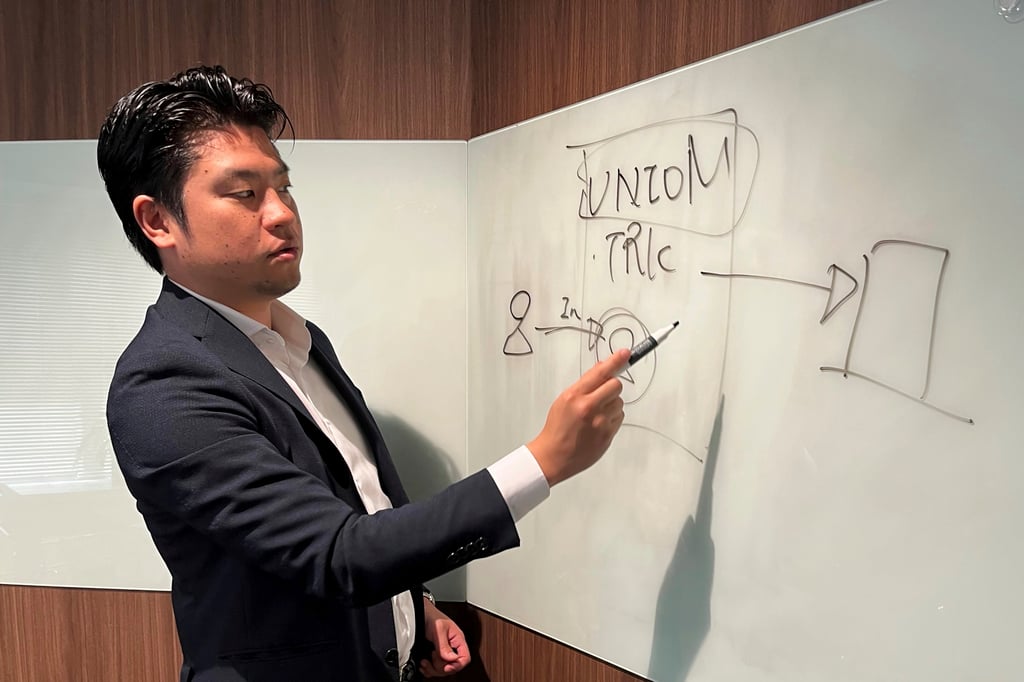Advertisement
Japan’s job-leaving agents help worn-out workers escape bullying ‘mini-Hitler’ bosses: ‘quitting would be a betrayal’
- Japanese workers have the right to quit, but some old-style employers just can’t accept that someone they have trained would want to walk away
- Dozens of ‘taishoku daiko’ have sprang up in response, helping workers – many of whom are women – escape less painfully from jobs they want to quit
Reading Time:4 minutes
Why you can trust SCMP

In Japan, a nation reputed for loyalty to companies and lifetime employment, people who job-hop are often viewed as quitters. And that’s considered shameful.
Enter taishoku daiko, or “job-leaving agents”. Dozens of such services have sprang up in recent years to help people who simply want out.
“Imagine a messy divorce,” said Yoshihito Hasegawa, head of Tokyo-based TRK, whose Guardian service last year advised 13,000 people on how to resign from their jobs with minimal hassle.
Advertisement
People often stick with jobs even when they’re unhappy, feeling as if they are “kamikaze” sacrificing their lives for the greater good, he said, comparing his clients to pilots sent on suicide missions in the closing days of World War II.

“It’s the way things are done, the same way younger people are taught to honour older people,” he said. “Quitting would be a betrayal.”
Advertisement
Advertisement
Select Voice
Select Speed
1.00x